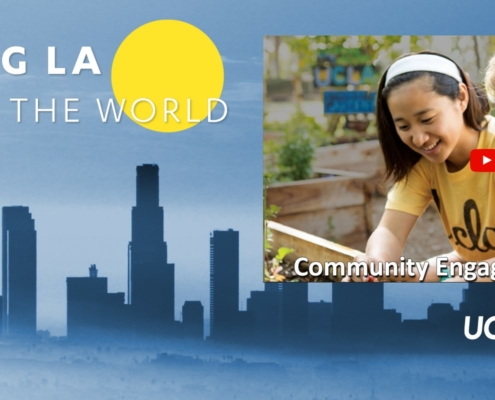
UCLA Division of Social Sciences Premieres “Community Engaged Scholarship” Video
Here at UCLA, community engaged scholarship is not an option…

RSVP for the UCLA Data-Informed Governance (DIG) Conference on July 7
Presenting UCLA's first conference on Data-Informed Governance…
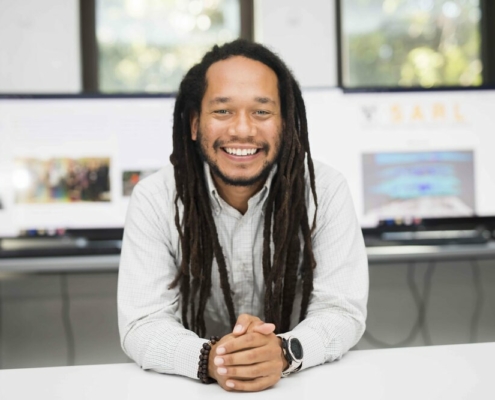
Incoming UCLA Professor Justin Dunnavant Selected as a National Geographic 2021 Emerging Explorer
Dr. Justin Dunnavant, an incoming professor in the Department…
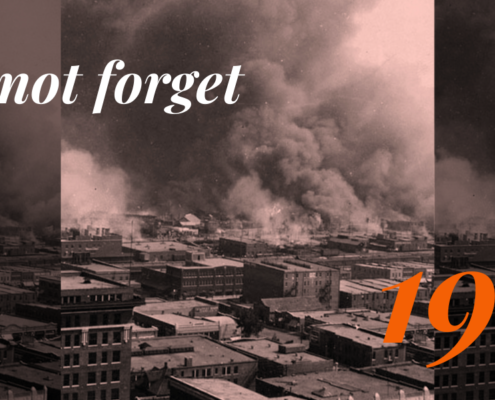
UCLA Department of African American Studies Remembers the 1921 Tulsa Race Massacre on Its Website and in Upcoming Events
Please join the Department of African American Studies at…
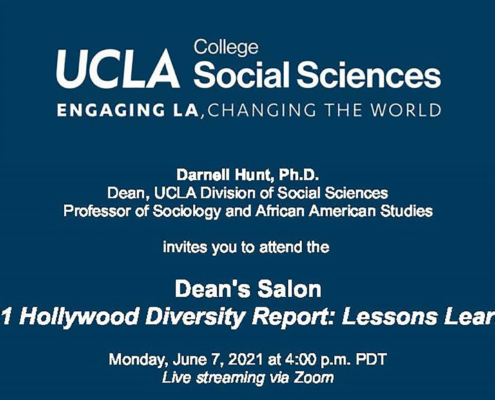
UCLA Social Sciences Dean’s Salon Presents “2021 Hollywood Diversity Report: Lessons Learned” on June 7
Darnell Hunt, Ph.D.
Dean, UCLA Division of Social Sciences
Professor…
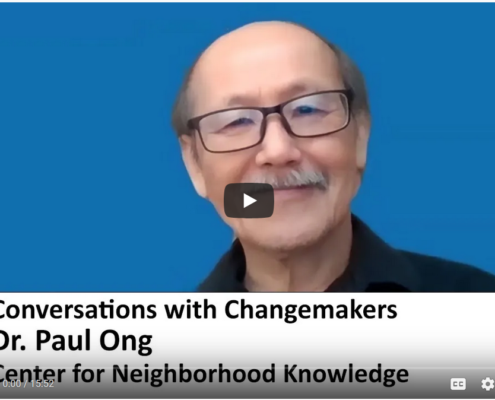
LA Social Science Presents “Conversations with Changemakers” Featuring Dr. Paul Ong Discussing AAPI Community Challenges
Dr. Paul Ong, Center for Neighborhood Knowledge Director…
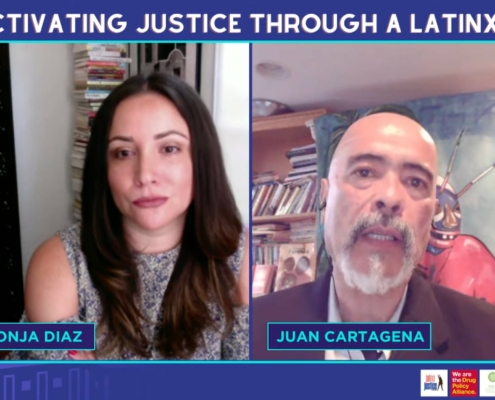
Activating Justice Through a Latinx Lens
What would our criminal legal system look like if it was…
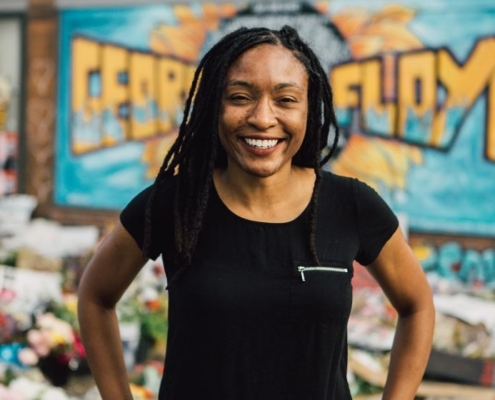
RSVP Now for the UCLA/Getty Program’s Distinguished Speaker Series Featuring Jeanelle Austin on June 4
Dr. Glenn Wharton
Chair, UCLA/Getty Program in the Conservation…
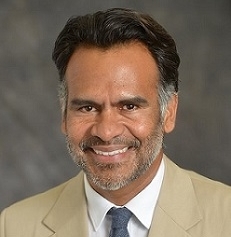
UCLA Professor Eric Avila Discusses How U.S. Infrastructure Historically Fostered Racial Inequality
Recently U.S. Transportation Secretary Pete Buttigieg said, "There…
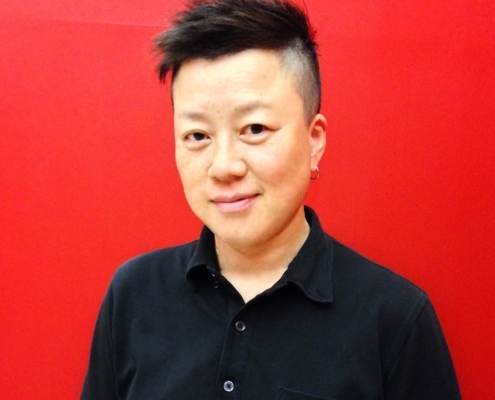
UCLA Presents “Feminist Politics in Korea & The Korean Diaspora Conversations” Series
UCLA Gender Studies presents a series of public-facing conversations…

